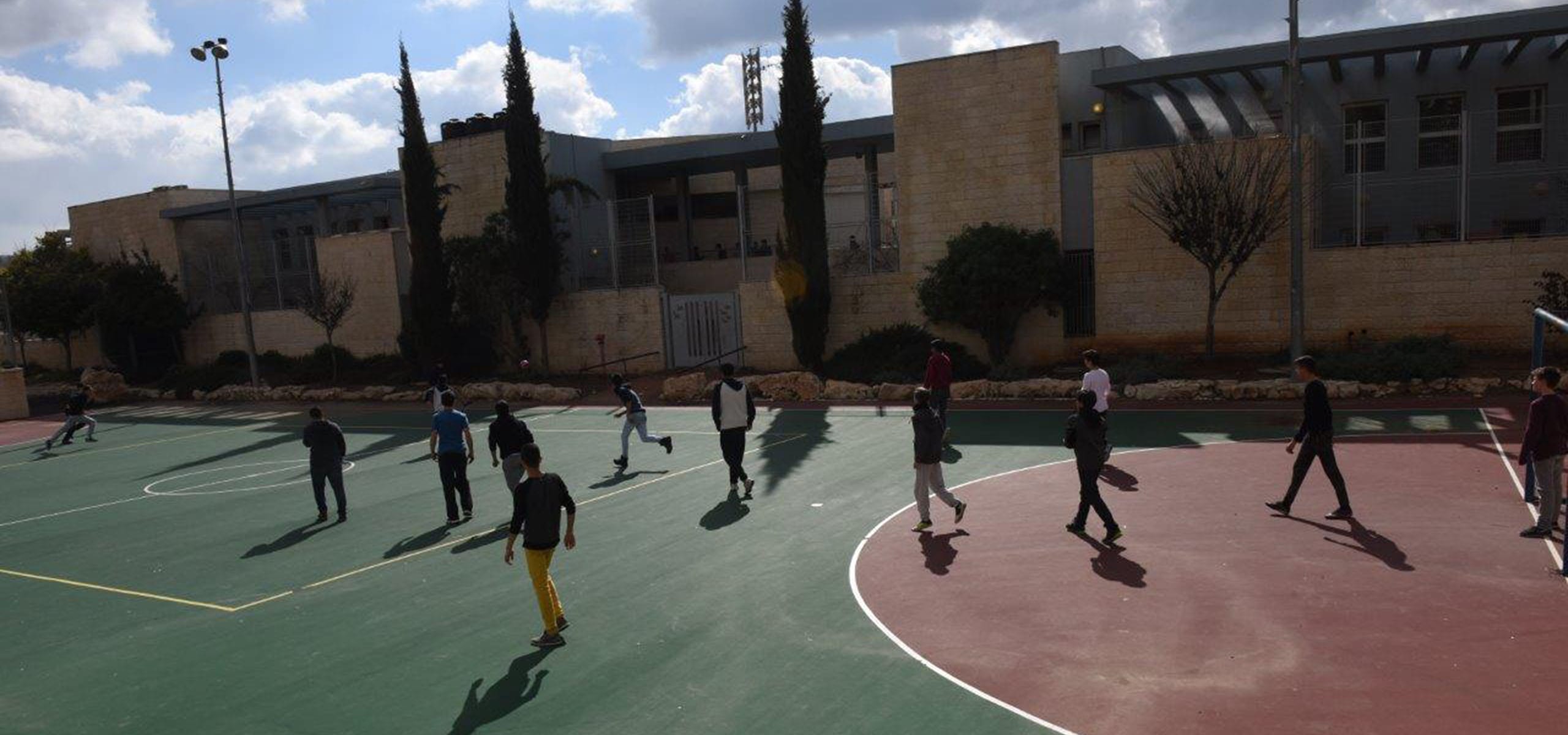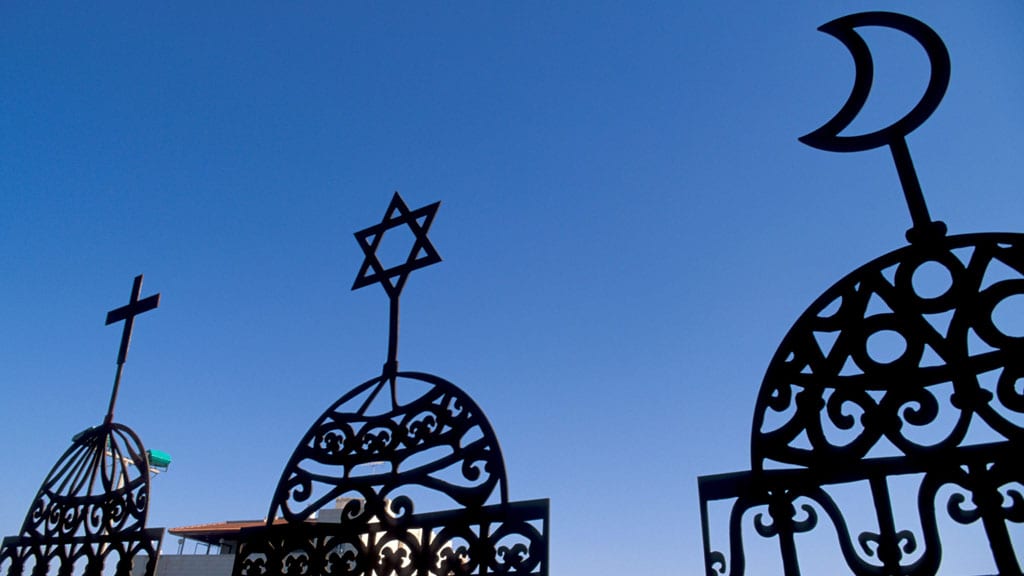Make no mistake: the kids are listening!
Even if they are too young to understand the intricacies of foreign policy or the complicated nature of human relationships, children pick up on vibes, both positive ones like joy and friendliness and negative ones like fear and anger. They know when their parents, neighbors and teachers are happy or sad.
Children also know what they are taught. At such a young age, they place significant trust in their teachers, parents and elders to show them the way of the world. They automatically look to their elders for guidance and information, absorbing their elders’ outlook on the world all the while. Unfortunately, when their elders’ world is marred by decades of painful conflict, the children may not absorb the best information or the most positive of approaches to their own coping with the Middle East conflict.
The classroom is a microcosm of broader society in the Middle East conflict, which is shockingly separate for such a small spat of land. Jewish and Arab children do not really have any chances to interact, especially in school, which shapes a significant portion of their social development. Children do not realize it while it’s happening, but this separation influences their young hearts and minds, lessons which reverberate well into adulthood.
But what if we were to break this cycle? What if we, as citizens invested in a peaceful future for our children, used the education system to help foster understanding, tolerance and even acceptance? That’s exactly what the Hand in Hand schools in Israel are trying to do. Hand in Hand operates bilingual classrooms for close to 1,600 students in six K through 12 schools throughout Israel. An extended community 8,000 strong operates around the schools, continuing the positive influence which students continue to absorb long after the final bell rings and their homework is done.
This simple yet radical act of classroom integration has reverberating effects. The cycle of stereotypes and negative portrayals is broken when Jewish and Arab children learn together. They learn to see that the “other side” of the conflict is comprised of people with varying tastes, opinions and emotions no different than themselves. They may even find commonalities and friendship which can be the driving force behind the next generation of peace-seeking leaders.
This beautiful project demonstrates why education is so important to Islands of Peace. Our initiatives aim to support one of three core principles we believe are keys to long-lasting peace: economics, the environment and education. Certainly, we call for higher education and continuing education opportunities for adults, but the importance of education from a very early age cannot be understated. We are responsible to educate the next generation of leaders in tolerance, coexistence and mutual understanding, and that starts with planting the right seeds.




Leave A Comment